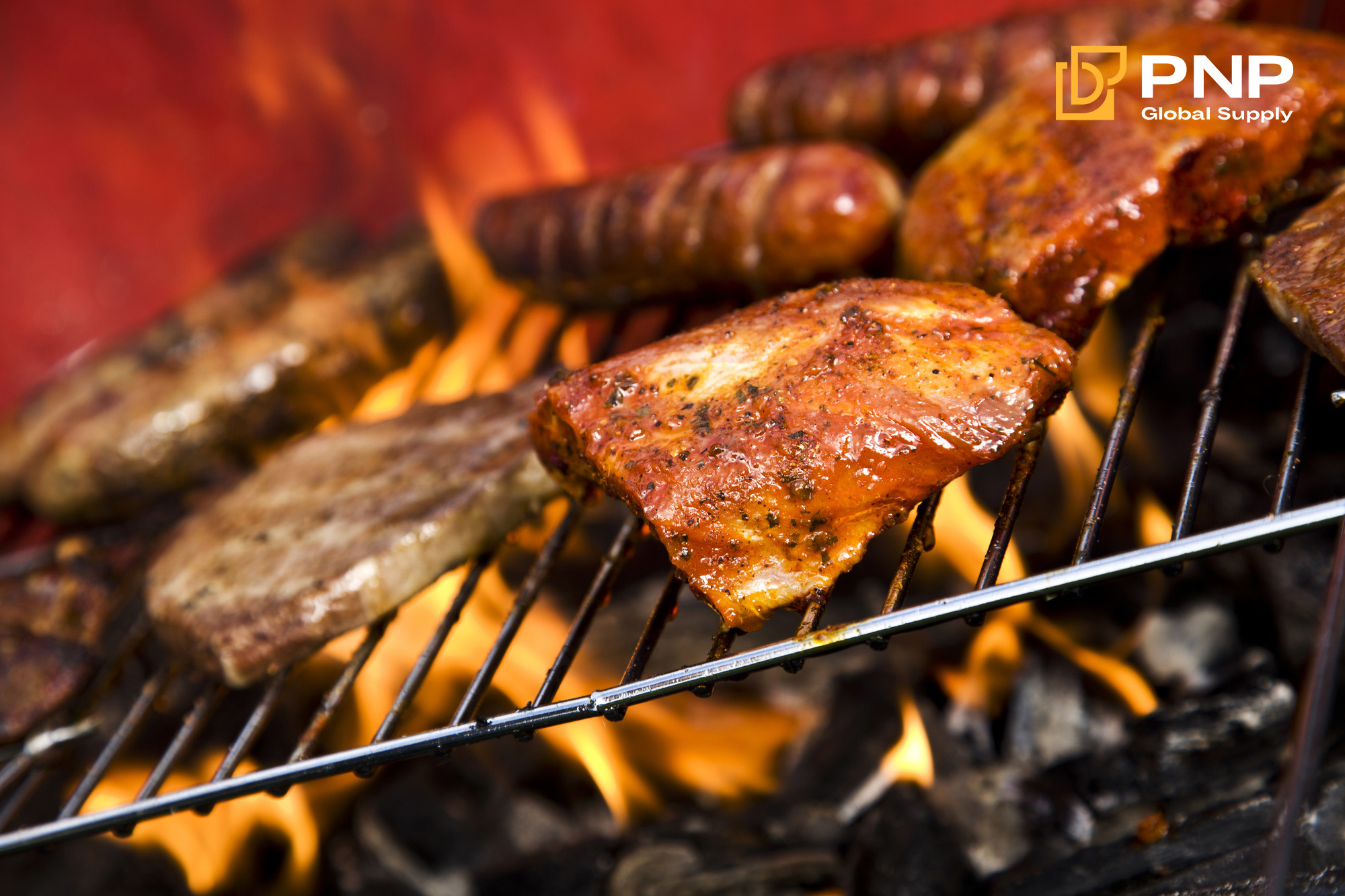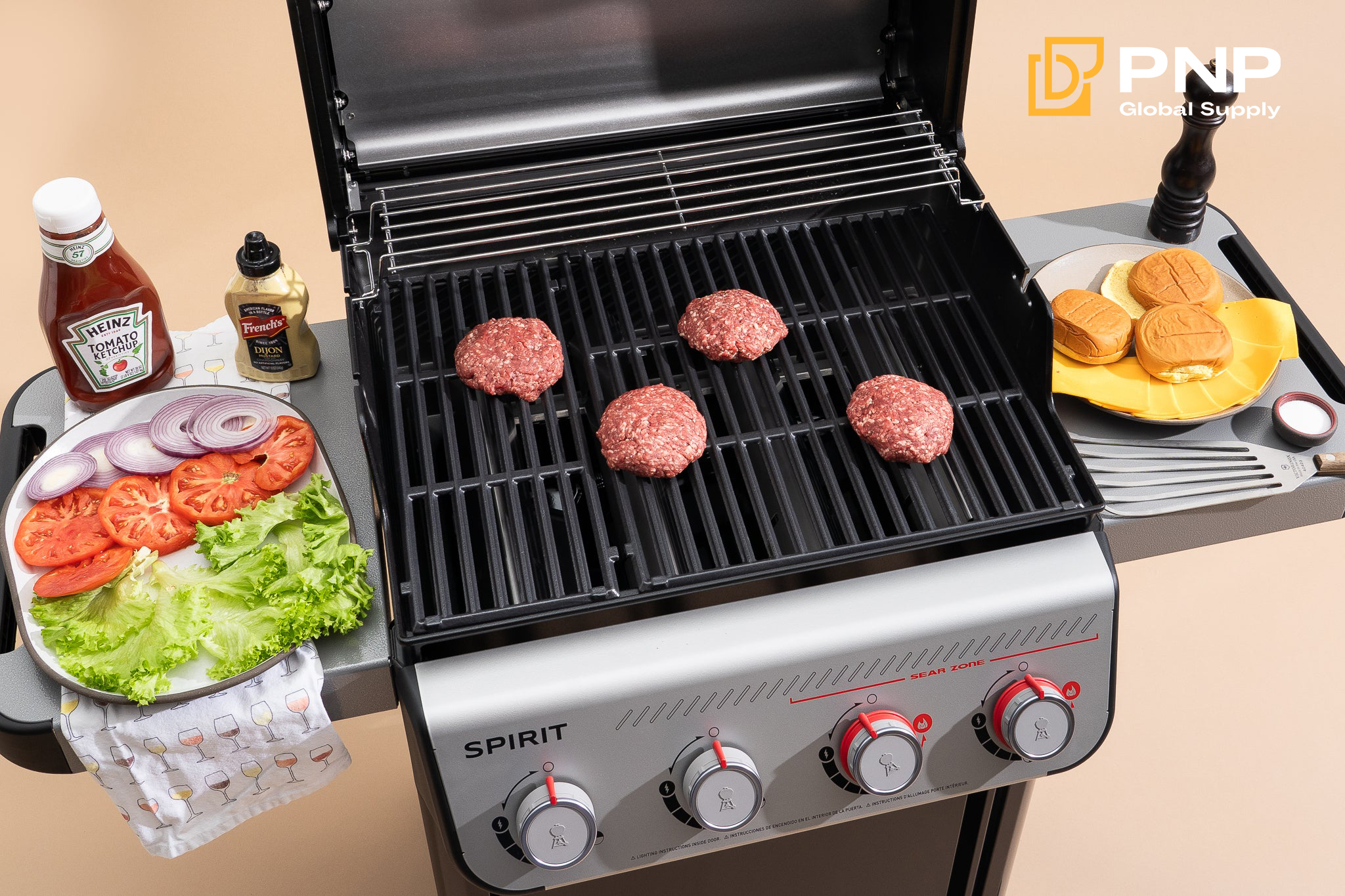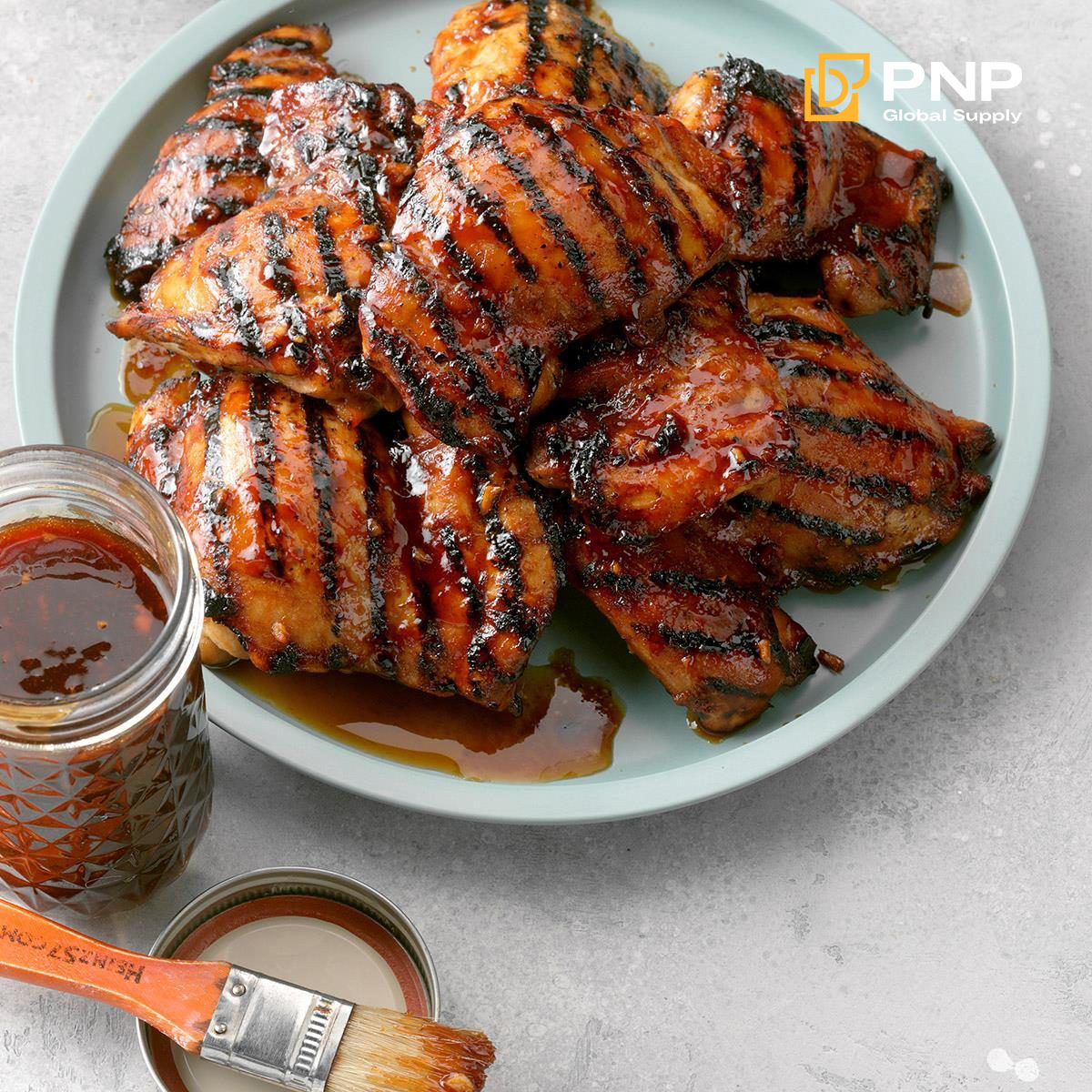As BBQ season approaches, the debate heats up: Charcoal vs Gas Grilling – which method truly delivers the best flavor? Whether you’re a weekend griller or a seasoned BBQ enthusiast, this age-old question has likely crossed your mind. Each style brings its own strengths, and choosing the right one can completely transform your grilling experience. Let’s break down the flavor, convenience, and overall performance of charcoal and gas grilling to help you find your perfect match.
Flavor Showdown: The Essence of Grilling
When it comes to grilling, flavor is king. And this is where the real difference lies between charcoal grilling flavor and the more subtle taste of gas grilling.
Charcoal grilling produces that unmistakable smoky aroma and depth of flavor that many associate with authentic backyard BBQ. As the fat from your meat drips onto the hot coals, it vaporizes into smoke, which then infuses your food with that rich, slightly charred essence. That’s what makes charcoal BBQ benefits so appealing — it’s not just cooking, it’s flavor development.

Gas grilling, on the other hand, is praised for its clean and consistent results. It doesn’t impart much smoke or depth, which some say results in a milder flavor. But this can actually be a good thing, especially for those who prefer the natural taste of the meat or are cooking more delicate foods like seafood or vegetables. For these dishes, the clean heat of grilling with gas allows the ingredients to shine.

When you look at BBQ grill flavor tests and blind tastings, charcoal often wins among flavor purists. However, flavor isn’t everything — and that brings us to the next consideration.
Convenience and Ease of Use
Gas grill convenience is one of the biggest reasons it remains a top choice for busy families and casual grillers. With just the turn of a knob, your grill is hot and ready to cook in minutes. No need to fuss with fire starters, chimney starters, or waiting for coals to ash over.
On the flip side, charcoal grilling requires a bit of patience and skill. From lighting the charcoal to managing airflow and adjusting heat zones manually, this method demands more attention. But for many grilling lovers, this process is part of the experience. Lighting a charcoal fire, waiting for the coals to glow, and managing the heat are rituals that add to the joy of cooking outdoors.
If you prioritize speed and simplicity, gas grilling wins. But if you love the hands-on process and the rustic charm of traditional BBQ, charcoal grilling might be worth the effort.
Temperature Control and Versatility
Temperature control plays a key role in determining the best grilling method, especially if you’re preparing different types of food.
Gas grilling advantages include precision. You can set and adjust the heat with total control, much like cooking on a stove. This makes it easier to cook items that require specific temperatures or to create different heat zones for indirect and direct cooking.
Charcoal doesn’t offer that same precision, but it makes up for it with power. It can reach higher temperatures than gas, making it ideal for searing steaks or achieving a crisp crust on chicken. Additionally, with charcoal, you can add wood chips or chunks to create layers of smoke, taking BBQ grill flavor to the next level.
So, when it comes to versatility, it really depends on how involved you want to be. Charcoal allows more flavor manipulation, while gas offers more controlled and even results.
Flavor Comparison: Which Grill Gives Better Taste?
Let’s go straight to the heart of the matter: Which grill gives better taste? For many BBQ lovers, charcoal is the undisputed winner in terms of flavor. The combination of direct flame, real smoke, and the way charcoal caramelizes meat can’t quite be replicated with gas.
However, that doesn’t mean gas grilling lacks flavor. With proper seasoning, marinades, and grilling techniques, you can create delicious dishes on a gas grill. Plus, for those who prefer cleaner flavors or are grilling leaner proteins, gas may actually suit their palate better.
Ultimately, this grilling flavor comparison comes down to personal preference. Some people crave that bold, smoky profile only charcoal provides, while others appreciate the straightforward, no-fuss taste of gas-grilled food.

Cleanup and Maintenance
After a great BBQ, no one loves cleanup — but it’s a part of the process.
Charcoal grilling typically involves more post-cook effort. You’ll need to dispose of the ash, clean the grates more thoroughly, and possibly scrub away built-up soot. It’s messier, yes, but that’s the trade-off for a richer flavor profile.
Gas grills are easier to clean. Most models have drip trays that collect grease and can be emptied quickly. The grates are usually porcelain-coated and require less scrubbing. Maintenance is generally more straightforward, and the grill is ready to go again faster.
So if ease of maintenance is high on your list, gas grills have the advantage here.
Which Grill Is Right for You?
Choosing between charcoal vs gas grilling depends on your priorities:
- If flavor is your top concern and you love the process of grilling, charcoal is for you.
- If you value convenience, quick setup, and less mess, a gas grill might suit your lifestyle better.
- For those who enjoy experimenting with smoke flavors and traditional BBQ techniques, charcoal opens more creative doors.
- For people with limited time or space, gas grilling offers an efficient and reliable way to enjoy outdoor cooking.
Some seasoned grillers even own both types, using gas for weeknight dinners and charcoal for weekend feasts.
Enhancing Flavor No Matter What Grill You Use
Regardless of which grill you choose, there are ways to amplify flavor:
- Use dry rubs and marinades to layer taste before grilling.
- Try basting meats with sauces or compound butters as they cook.
- For gas grills, consider adding a smoker box with wood chips to introduce a touch of smokiness.
- For charcoal, experiment with different types of natural hardwood charcoal or wood chunks like mesquite, apple, or hickory to explore various flavor profiles.
No matter what you’re cooking or which grill you’re using, the technique and preparation play just as big a role in flavor as the fuel itself.
Learn more about the best types of charcoal for grills in the article below.
Conclusion
In the end, the charcoal vs gas grilling debate doesn’t have a universal winner. Instead, it’s about matching your priorities with the strengths of each method.
If you want bold, smoky taste and don’t mind a little extra effort, charcoal grilling will reward you with incredible flavor. If you’re after speed, precision, and easy cleanup, gas grilling is a reliable and practical option.
Whichever path you choose, the key is to enjoy the process, cook with care, and share great food with great company. That’s what grilling is all about.
________________________________
Contact us for more information
Facebook: PNP Charcoal
Instagram: PNP Charcoal
Email: info@pnpglobalsupply.com




